Multiple U.S. Senate bills object to CBDC's definition as 'money'
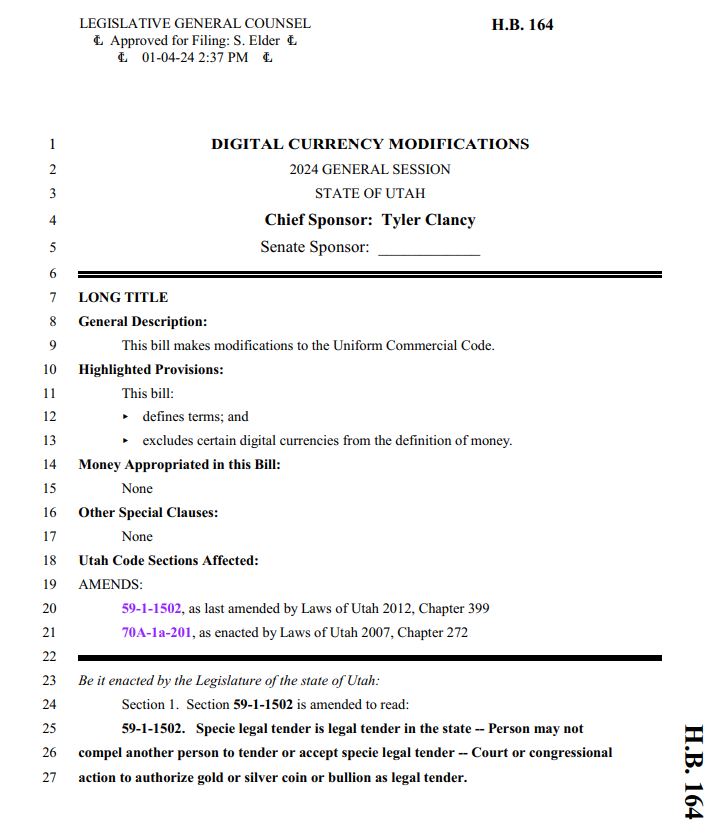
The filed bills create potentially significant roadblocks to its use as such in the state.

Bills against referring to central bank digital currency (CBDC) as money have been filed in Utah, South Carolina, South Dakota and Tennessee. The filed bills in the different states would expressly exclude a CBDC from the definition of money in the state, creating potentially significant roadblocks to its use as such in the state.
Sen. Frank Niceley introduced the bill in the Tennessee Senate on Jan. 12. According to the Tennessee Uniform Commercial Code (UCC), “money” is an authorized medium of exchange. However, The proposed bill would add the term “does not include any central bank digital currency” to that definition.

The UCC is a comprehensive set of standardized laws governing commercial transactions within the United States. It provides a consistent framework for business dealings and transactions across different states.
In the Utah Senate, Rep. Tyler Clancy introduced House Bill 164 on Jan. 4. The proposed bill describes central bank digital currency as a digital form of money issued by government entities like the U.S. Federal Reserve, foreign governments, central banks, or reserve systems, directly accessible or verified by these entities.

The proposed Utah CBDC bill would specify that “a central bank digital currency is not specie legal tender and is not legal tender in the state,” effectively excluding CBDC from the state’s definition of money under the Utah Specie Legal Tender Act – and the state’s UCC.
Related: Florida governor, who pledged CBDC ban, comes in second in Iowa Caucus
South Carolina’s Sen. Shane Martin filed Senate Bill 861 on Nov. 30, 2023. According to South Carolina’s UCC, “money” is an authorized medium of exchange. However, The proposed bill S861 would add that the term “does not include any central bank digital currency” to that definition.
At the request of the South Dakota Department of Labor and Regulation, the Committee on Commerce and Energy chair introduced Senate Bill 58 (SB58) on Jan. 9. Contrary to South Dakota’s UCC, the legislation adds that money “does not include any central bank digital currency” to its definition.
Similar legislation has already been signed as law in Florida. Florida Governor Ron DeSantis signed a bill restricting the state’s use of CBDCs. It also banned using CBDCs issued by foreign governments and called on other states to use their commercial codes to institute similar prohibitions.

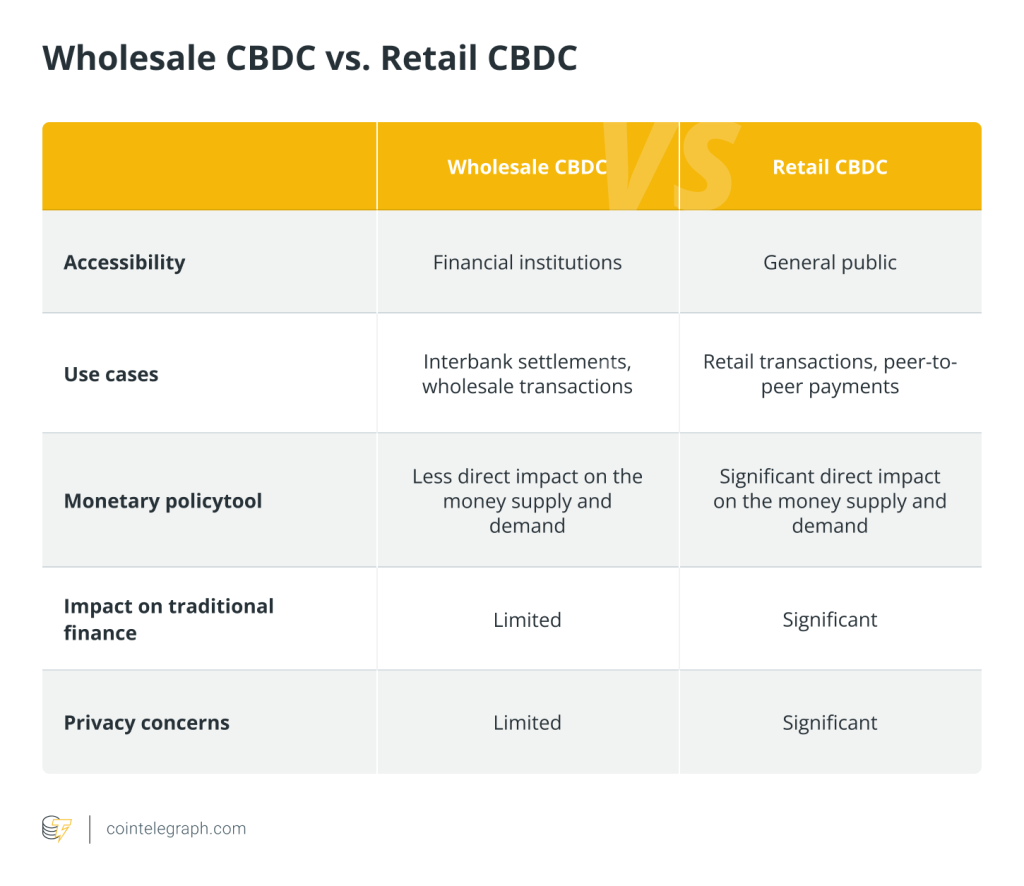
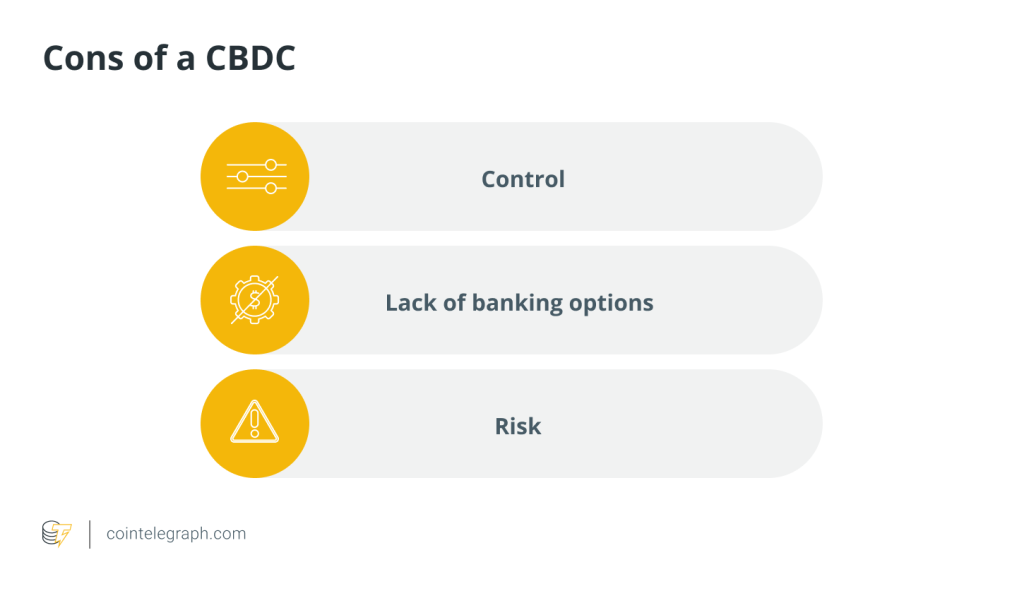
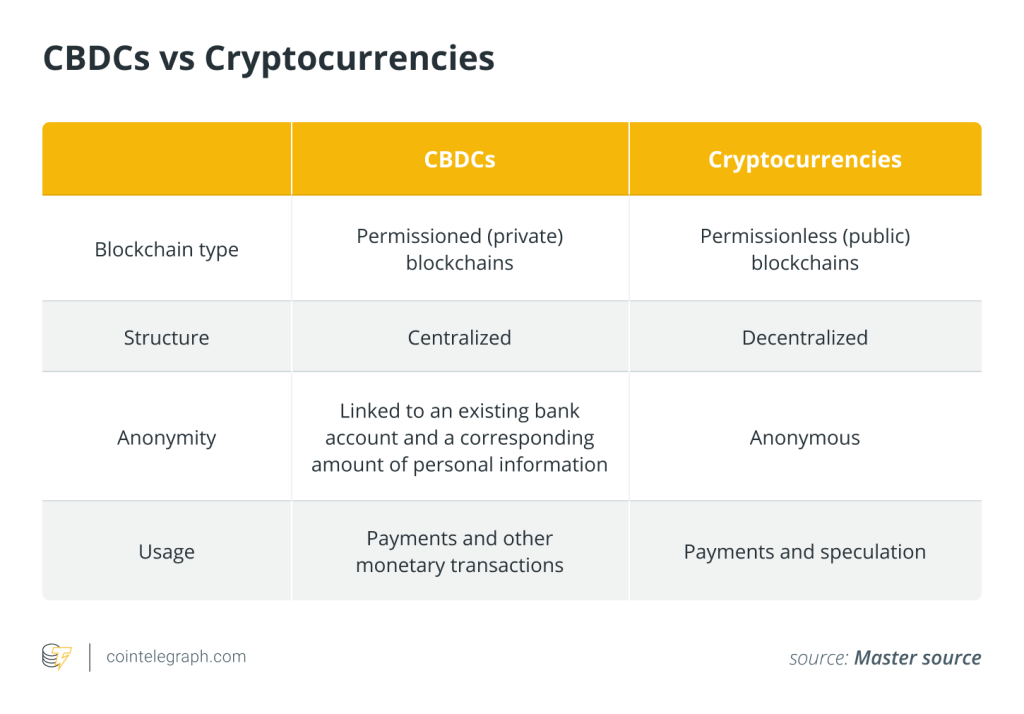
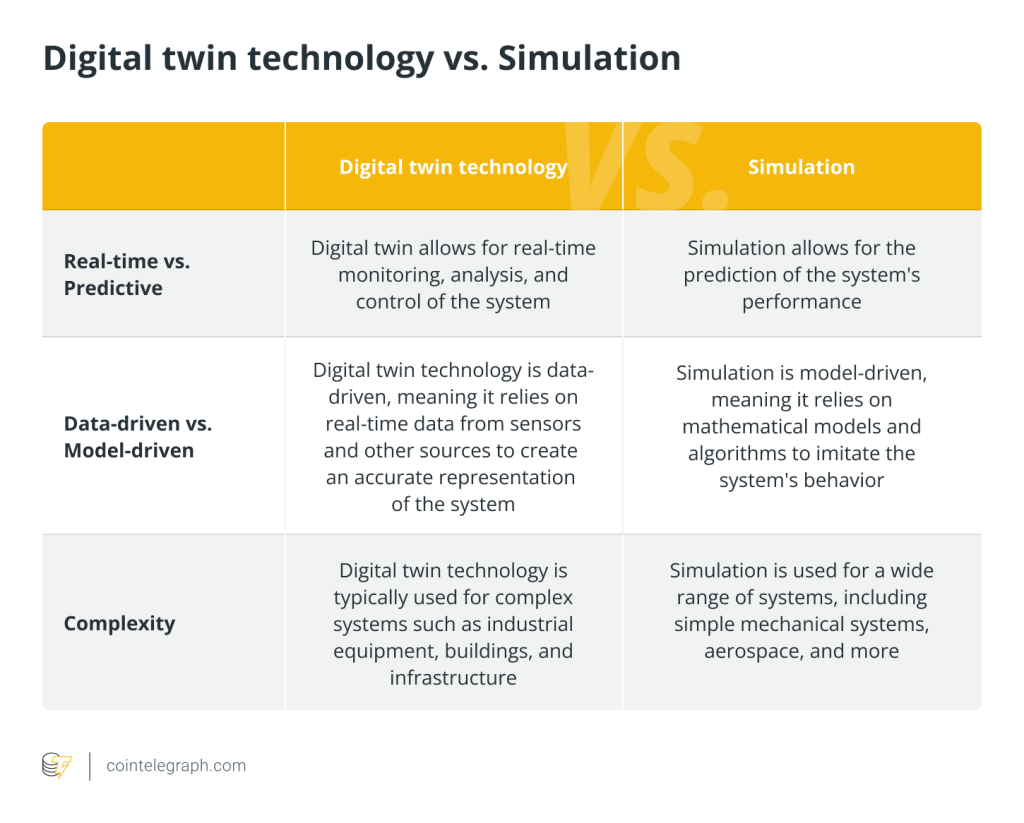
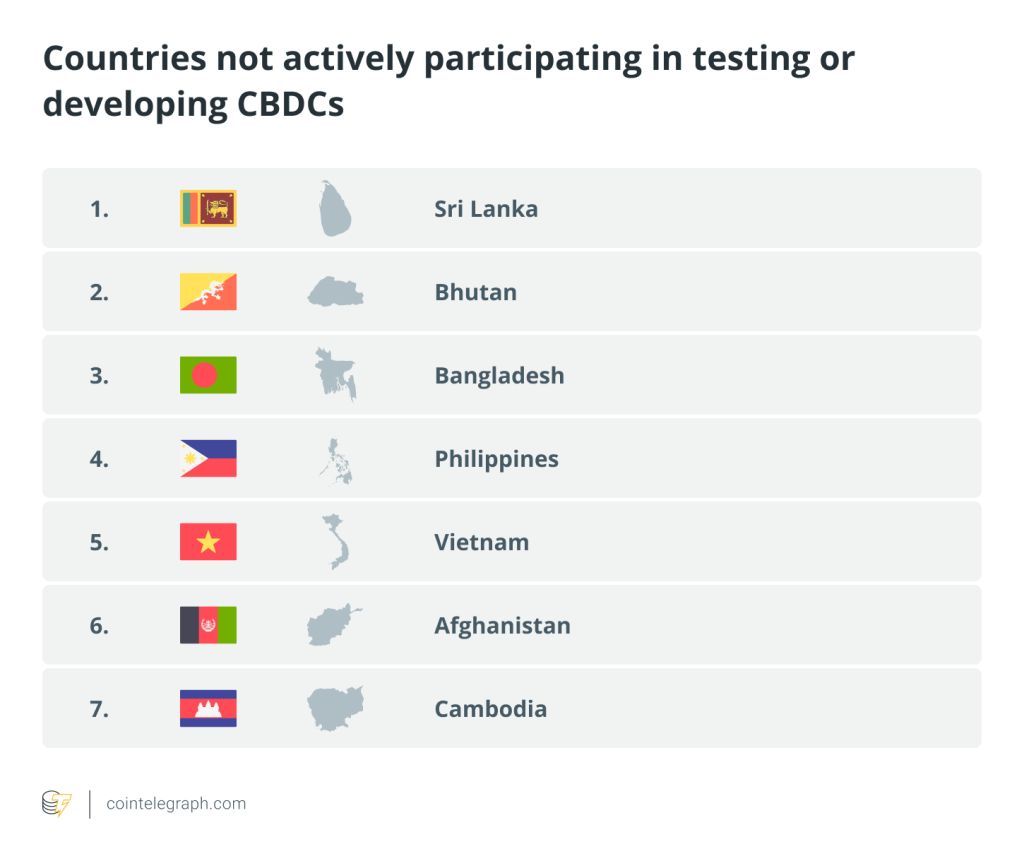
… [Trackback]
[…] Read More on that Topic: x.superex.com/news/blockchain/2790/ […]
… [Trackback]
[…] Read More here on that Topic: x.superex.com/news/blockchain/2790/ […]
… [Trackback]
[…] Info on that Topic: x.superex.com/news/blockchain/2790/ […]
… [Trackback]
[…] Here you can find 73086 more Info on that Topic: x.superex.com/news/blockchain/2790/ […]
… [Trackback]
[…] Read More on that Topic: x.superex.com/news/blockchain/2790/ […]
… [Trackback]
[…] Info to that Topic: x.superex.com/news/blockchain/2790/ […]
… [Trackback]
[…] Read More here to that Topic: x.superex.com/news/blockchain/2790/ […]
… [Trackback]
[…] Read More on to that Topic: x.superex.com/news/blockchain/2790/ […]
… [Trackback]
[…] Find More Info here to that Topic: x.superex.com/news/blockchain/2790/ […]
… [Trackback]
[…] Information on that Topic: x.superex.com/news/blockchain/2790/ […]
… [Trackback]
[…] Find More on on that Topic: x.superex.com/news/blockchain/2790/ […]
… [Trackback]
[…] Find More on on that Topic: x.superex.com/news/blockchain/2790/ […]
… [Trackback]
[…] Information on that Topic: x.superex.com/news/blockchain/2790/ […]
… [Trackback]
[…] Find More on to that Topic: x.superex.com/news/blockchain/2790/ […]